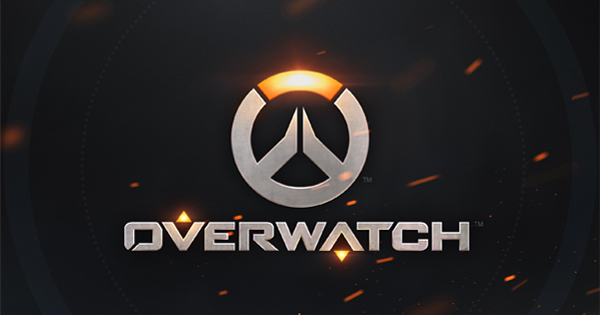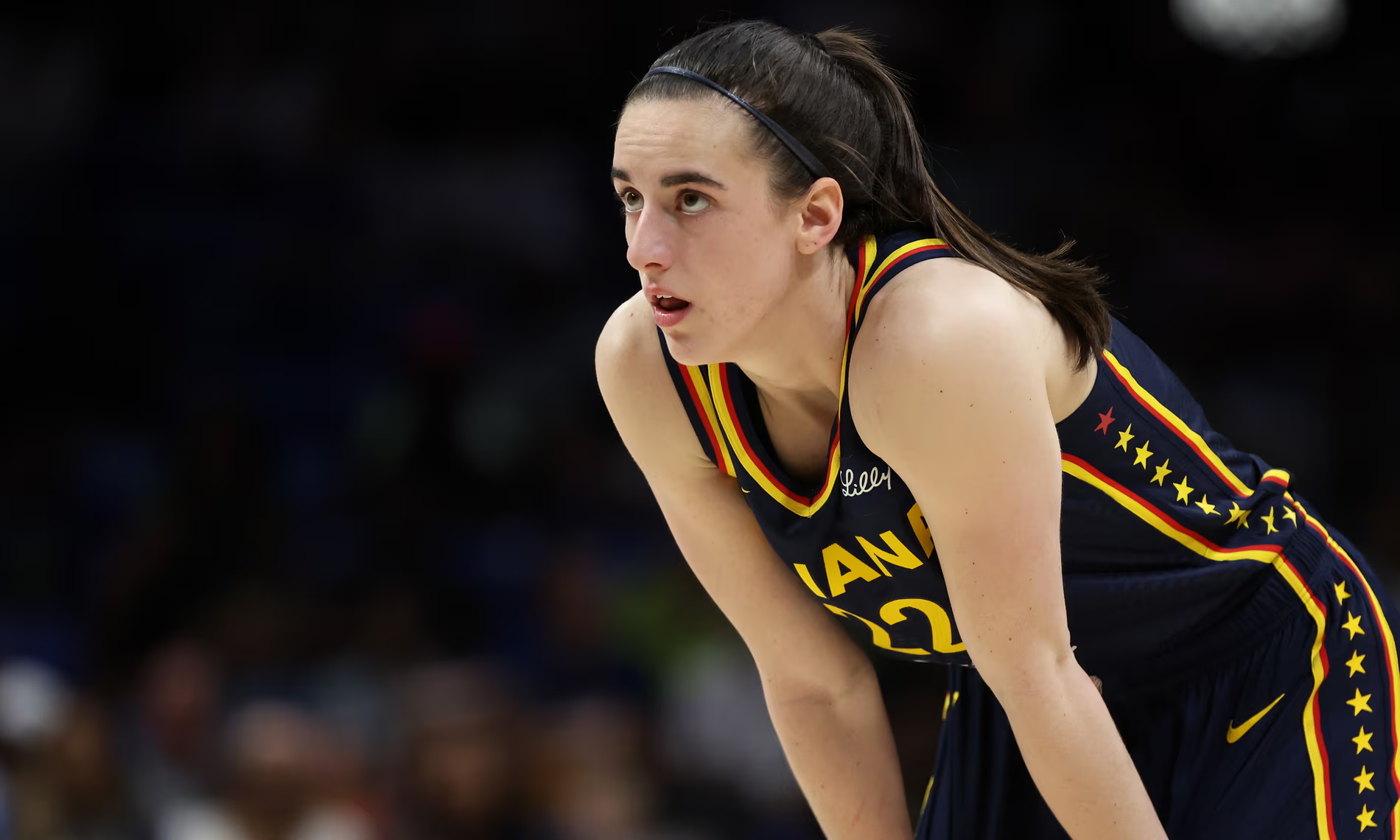Reflections after a day spent playing video games
Rory McCreight – SPORTS EDITOR
I had a lazy, hungover Saturday this weekend. It was the day after my birthday, and like anyone else, I spent the day tunneling down the YouTube wormhole. I ended up at the 2016 Blizzcon Overwatch World Cup, the first annual E-sport championship for my current go-to video game. It was a great way to spend a good hour, but it also got me thinking about how E-sports compete with physical sports. I mean, they have sports in the name, so there must be some sense that they are similar. As I mulled over this question, and fell deeper into the wormhole, it occurred to me that they weren’t so different after all.
First, the elephant in the room, athleticism (or lack thereof) is the biggest and most blatantly obvious difference. The championship series, a four-game sweep by team South Korea over Russia, was far from a dynamic show of athletic perfection. These players were pretty much who you’d expect to find in a Major League Gaming competition and I’ll just leave it at that. There’s no striving for physical perfection or displays of late game of endurance in these “athletes,” however, there’s more to sports than athleticism.
Let’s start with the intangibles, skills that old-school hockey fans will always praise in a player’s game — things like leadership, ability to communicate, and just overall ability to boost morale — you know, the classic character traits they teach you in elementary school. Playing any team game benefits from those skills, so I’ll count video games.
Beyond the platitudes, the similarities begin to arise in the skills it takes to play a game at high levels: quick reflexes, sharp aim, and precise timing are equally important in videogames as they are in basketball, baseball, hockey, etc.. Players need to have an acute awareness of where their teammates, their opponents, and objectives are. An objective can be a hockey puck, or payloads you escort to or stop from reaching a destination to win a game of Overwatch.
The similarities continued to become clear to me as I watched the tournament. The coaching and tactical elements of sports are brought to the forefront in a well-played game of Overwatch. It takes coordination between teammates and active communication to successfully advance in playing such a highly skilled game. Additionally, teams need to have the right matchups. Just like a coach playing mind games, like Babcock timing a line change to get Kadri lined up with McDavid to specifically work against his high offensive risk factor, you have to play the matchups in Overwatch.
For instance, team Russia structured their game around an exceptional offensive player, like the Oilers and McDavid, who caused serious problems for earlier teams. South Korea, after “studying the tapes” of those games, adjusted their game accordingly and effectively ruined Russia’s entire game plan. Sounds like there are some good scouts and coaches on team South Korea.
I’m not saying I’m going to watch E-sports like I watch professional athletic sports, what I’m saying is I get it. If you grew up playing video games instead of playing or even watching hockey, then seeing players at that next level would be exciting and engaging, just like watching the NHL. And that’s all sports need to be — fun and exciting!




